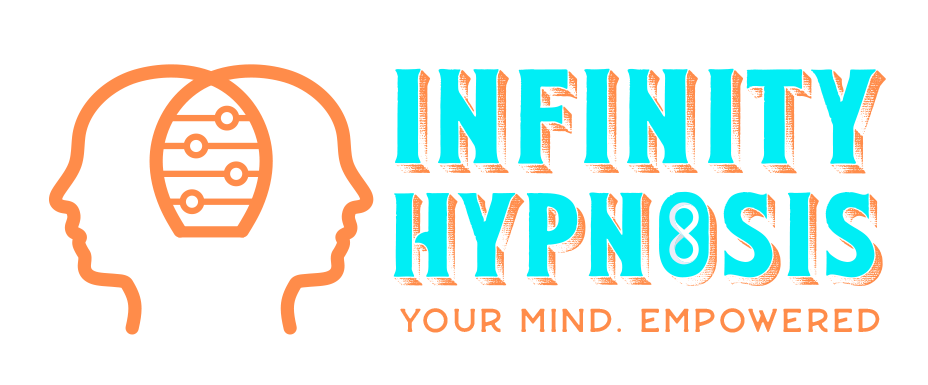Are There Specialists or Caregivers Who can Help Me?
Navigating a feeding disorder, like Avoidant/Restrictive Food Intake Disorder (ARFID), can be challenging. While we’ve talked about selective eating and what it stems from, as well as ARFID and the types of ARFID, you may be wondering who is available to help support you in your journey. There are so many specialists and caregivers out there, and here are just a few:
Speech Language Pathologist (SLP) or Occupational Therapist (OT)
An SLP or OT, trained in feeding therapy, can evaluate and treat suspected chewing concerns or sensory concerns related to feeding.
- Chewing concerns may look like:
- Difficulty manipulating food in the mouth
- Difficulty with solid foods / prefers smooth or pureed foods
- Low muscle tone or high muscle tone
- Sensory concerns may look like:
- Texture sensitivities
- Food refusals
- Eating foods of similar characteristics
- Avoidance of entire food groups
- Hypersensitivity to taste, smell, or texture
An SLP or OT will typically complete a review of your or your child’s medical history, growth pattern, developmental history, and current symptoms. They will assess your or your child’s dietary intake and complete a feeding evaluation (feeding behaviors, intake, setting, response to food presentations, oral motor skills, chewing/swallowing). They can also refer you and/or your child to appropriate professionals based on noted symptoms.
Gastrointestinal (GI) Specialist
A GI specialist can evaluate and rule out, or treat, any medical concerns. There are several problems with the GI tract that can contribute to feeding problems. This may look like:
- Reflux
- Chronic or intermittent constipation
- Pain or discomfort with feeding
- Severe allergies
- Gastroparesis (slow emptying of the stomach)
A GI, or your pediatrician, can also often complete blood work to evaluate your or your child’s nutritional status or screen for medical conditions that can contribute to feeding problems.
Mental Health Professional
Mental Health Professionals are important when there are anxiety-related concerns with eating. Other indicators that a mental health professional may be needed include:
- Negative past experiences with feeding (e.g., pain, coughing, vomiting, gagging)
- Negative past experiences related to the mouth (history of NG tubes, oral procedures, etc.)
- Anxiety or anxiety specifically around food (ARFID)
- ADHD
Specialty Feeding Clinic or Online Specialty Intensive or Semi-Intensive Feeding Program
There are specialty feeding clinics and intensives that provide individualized, comprehensive and multidisciplinary care to children and their families. It’s important to search for a clinic that specializes in ARFID or your specific feeding disorder. There are many clinics that specialize in eating disorders, such as anorexia, which has a very different treatment approach.
It is possible you may need to travel if you are searching for an in-person specialty feeding clinic.
Teachers/Support Personnel
Our kids spend a lot of time at school, which often includes snacks and lunch. If eating meals is an issue, work with your child’s school to create a plan. This could mean discussing how to create a positive environment around food, or maybe having your child eat in a different location, if needed.
Parents/Family
And, don’t forget – parent and family support is crucial! Including parents and family in the treatment plan can help ensure a healthy home environment. This can help reduce any home factors that may be playing a negative role in the individual’s journey, such as parent-child conflict (especially surrounding food) or parent-anxiety.
As a side note, if you are seeking support for yourself or a loved one experiencing ARFID or selective eating, look for professionals who have experience in these areas! An experienced professional can help you identify any underlying causes and create an individualized treatment plan to help you meet your goals.
Kelly is a Speech Language Pathologist and a feeding specialist who also specializes in using hypnosis, among other techniques, to support feeding difficulties. She provides support to toddlers, teens, and young adults. If you have questions, please reach out to Kelly at Infinity Hypnosis. Kelly can answer your questions over a free phone consultation where she can further discuss feeding therapy and/or how hypnosis works and how hypnosis could help you or your loved one’s specific needs. Contact Kelly and Infinity Hypnosis at [email protected] or check out her website at https://infinityhypnosis.com/ to book a free consultation.
Find us on Facebook and Instagram to learn more about Kelly’s services and hypnosis.

